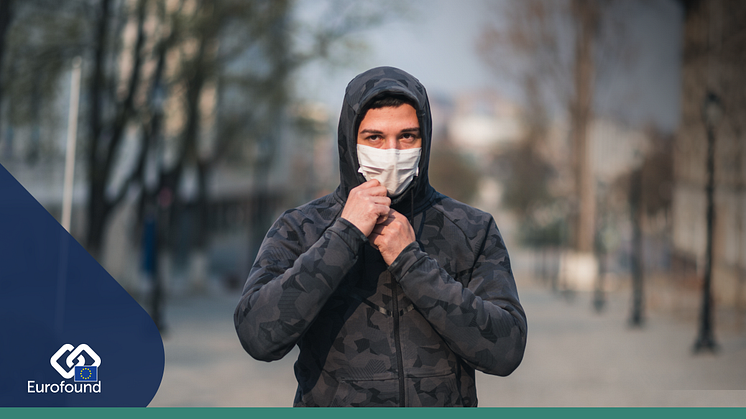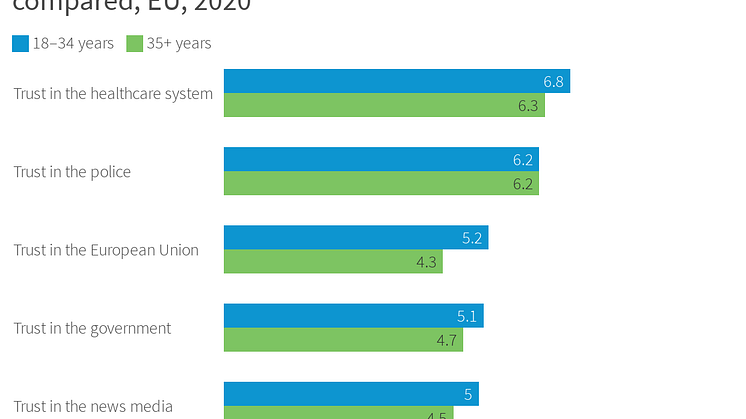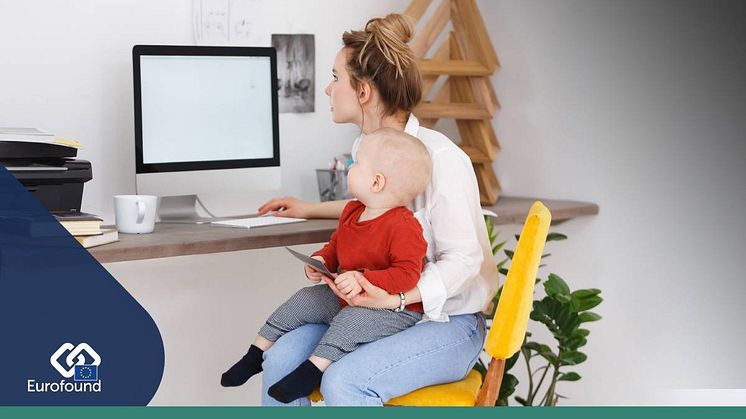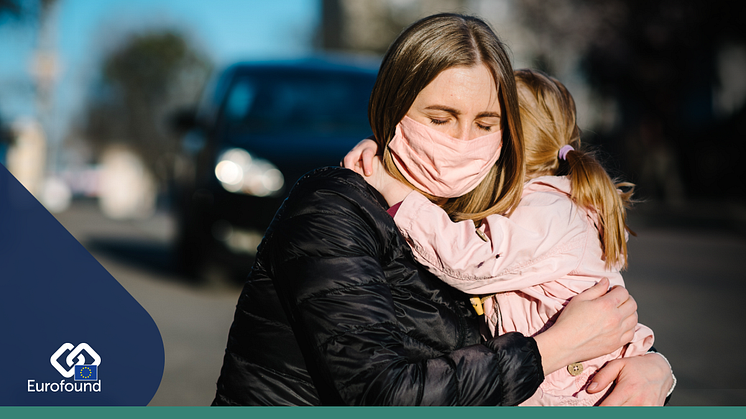
News -
Youth well-being collateral of COVID-19 confinement
People in the EU aged 18-34 report being more likely to feel depressed, lonely, and anxious than those aged 35 and over. They also indicate lower levels of resilience in dealing with problems in life, and a significant decrease in life satisfaction compared to before the Coronavirus (COVID-19) pandemic. Young people have traditionally reported higher well-being and life satisfaction than older age groups – this trend was reversed by the financial crisis, and now seems to have exacerbated significantly.
These results from Eurofound’s Living, working and COVID-19 survey provide early indications of some of the difficulties felt by young people and others during the pandemic. Over 85,000 people took part in the survey in April alone, with 62,755 fully complete replies. Overall findings show that the youth of Europe is struggling with the crisis, particularly with disproportionate impacts on broader well-being and job loss; as well as a dramatic decrease in working time and a growing sense of insecurity about their professional and financial futures.
In total, 16% of respondents aged 18-34 reported feeling downhearted or depressed most of the time, 20% reported feeling lonely, and 21% reported feeling particularly tense. The survey indicates that more than half (53%) were at-risk of depression – based on the WHO-5 Index. As an indication, just 4% of respondents in the same age group said they felt lonely in the 2016 European Quality of Life Survey, and 5% indicated that they were depressed.
Eurofound’s survey shows that, to date, young people have been hit slightly harder by the economic and labour market implications of COVID-19. However, research shows that young people are more exposed to further job loss due to higher representation in vulnerable sectors such as retail and hospitality, as well as greater levels of non-standard employment. One positive is that the trust of younger people in institutions such as the healthcare system, European Union, national government and media remain higher than older age groups.
Speaking about the research, Massimiliano Mascherini, Eurofound’s Head of Unit for Social Policy, said “Young people suffered disproportionately from the 2008 financial crisis and subsequent recession. This has been well documented in Eurofound’s research. Indications show that we are in real danger of history repeating itself. Action must be taken to maintain current youth employment and quickly reintegrate unemployed young people to the labour market as this crisis abates. The current trust that young people have in institutions is finite social capital that should not be wasted.”
Read more
Data
- Datawrapper: Well-being of younger and older age groups compared, EU, 2020
- Datawrapper: Trust in institutions, younger and older age groups compared, EU, 2020
- Datawrapper: Decrease in working hours (%), younger and older age groups compared, EU, 2020
- Datawrapper: Lost job temporarily or permanently (%), younger and older age groups compared, EU, 2020
Read further
- Living, working and COVID-19: First findings – April 2020
- Living, working and COVID-19: Data
- Topic page: Trust
- Forthcoming publication: Living, working and COVID-19 - Overview report
Eurofound at EYE Online
On Thursday 28 May, Eurofound will be moderating a discussion at the online edition of the European Youth Event about how the COVID-19 pandemic is affecting young people. The panel discussion will focus on the vulnerability of young people to the economic impacts of the pandemic, as well as associated implications on well-being.
- More info: Eurofound event page
- Facebook Live Debate: Being young during the COVID-19 crisis: Impact on work, life and well-being
Graphs







